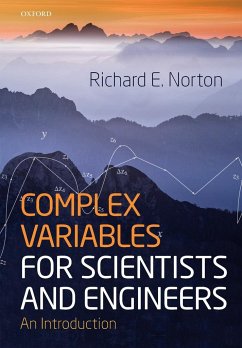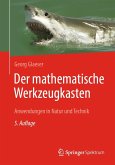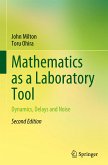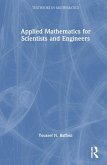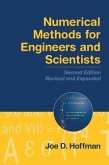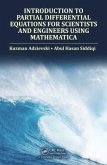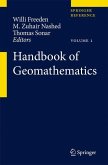This undergraduate textbook on the theory of functions of a complex variable explains the standard introductory material, clearly but in depth, with many examples and applications, and also introduces more advanced topics. Primarily an introductory text, it will be useful at a more advanced level and as a reference.
Norton's Complex Variables for Scientists and Engineers is a new textbook, originally written for the Complex Analysis term of an undergraduate Mathematical Methods of Physics sequence at UCLA. It does not assume any prior knowledge of complex numbers or functions and is therefore suitable for a first course in the subject for undergraduate students who have had an introductory course in the standard calculus of real variables. The book provides a thorough grounding in the theory of complex functions. The mathematics is careful, yet accessible to any student who knows basic calculus. It covers the subjects essential in any scientific or engineering discipline that uses mathematics beyond the elementary level. The reader will find a clear presentation of complex differentiation and integration, Cauchy's theorem and integral formula, and infinite series and products. There is a long and thorough section on applying theresidue theorem to the evaluation of real integrals, and a section on special functions and their integral representations. The book includes the conformal property of analytic functions and its applications to boundary value problems in electrostatics; a topological analysis that leads to theextension of the residue theorem to multiply-connected regions and contours; a section on the method of steepest descent; a section on the Riemann zeta function; and a discussion of the convergence of integral representations, which is rarely presented in detail in introductory texts. Those who want to see the mathematics done carefully, and who are looking for more than a 'cook-book' treatment that presents the basic techniques without exploring all the nooks and crannies of the subject, willfind these sections especially satisfying. The preface suggests how to extract a bare-bones course for those in a hurry, without losing sight of the beauty and depth of the subjects.
Norton's Complex Variables for Scientists and Engineers is a new textbook, originally written for the Complex Analysis term of an undergraduate Mathematical Methods of Physics sequence at UCLA. It does not assume any prior knowledge of complex numbers or functions and is therefore suitable for a first course in the subject for undergraduate students who have had an introductory course in the standard calculus of real variables. The book provides a thorough grounding in the theory of complex functions. The mathematics is careful, yet accessible to any student who knows basic calculus. It covers the subjects essential in any scientific or engineering discipline that uses mathematics beyond the elementary level. The reader will find a clear presentation of complex differentiation and integration, Cauchy's theorem and integral formula, and infinite series and products. There is a long and thorough section on applying theresidue theorem to the evaluation of real integrals, and a section on special functions and their integral representations. The book includes the conformal property of analytic functions and its applications to boundary value problems in electrostatics; a topological analysis that leads to theextension of the residue theorem to multiply-connected regions and contours; a section on the method of steepest descent; a section on the Riemann zeta function; and a discussion of the convergence of integral representations, which is rarely presented in detail in introductory texts. Those who want to see the mathematics done carefully, and who are looking for more than a 'cook-book' treatment that presents the basic techniques without exploring all the nooks and crannies of the subject, willfind these sections especially satisfying. The preface suggests how to extract a bare-bones course for those in a hurry, without losing sight of the beauty and depth of the subjects.

